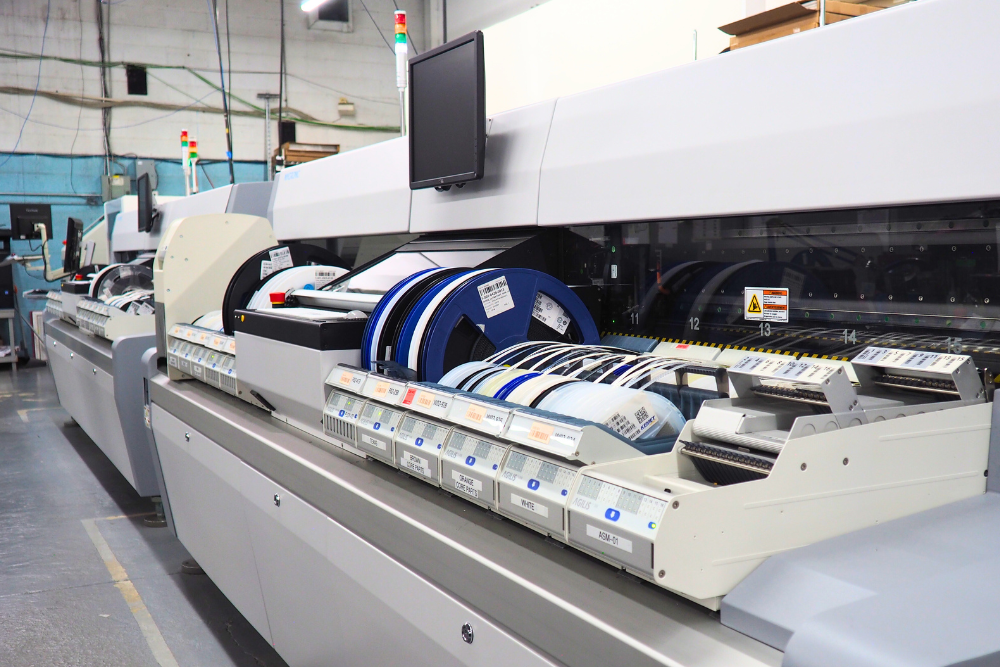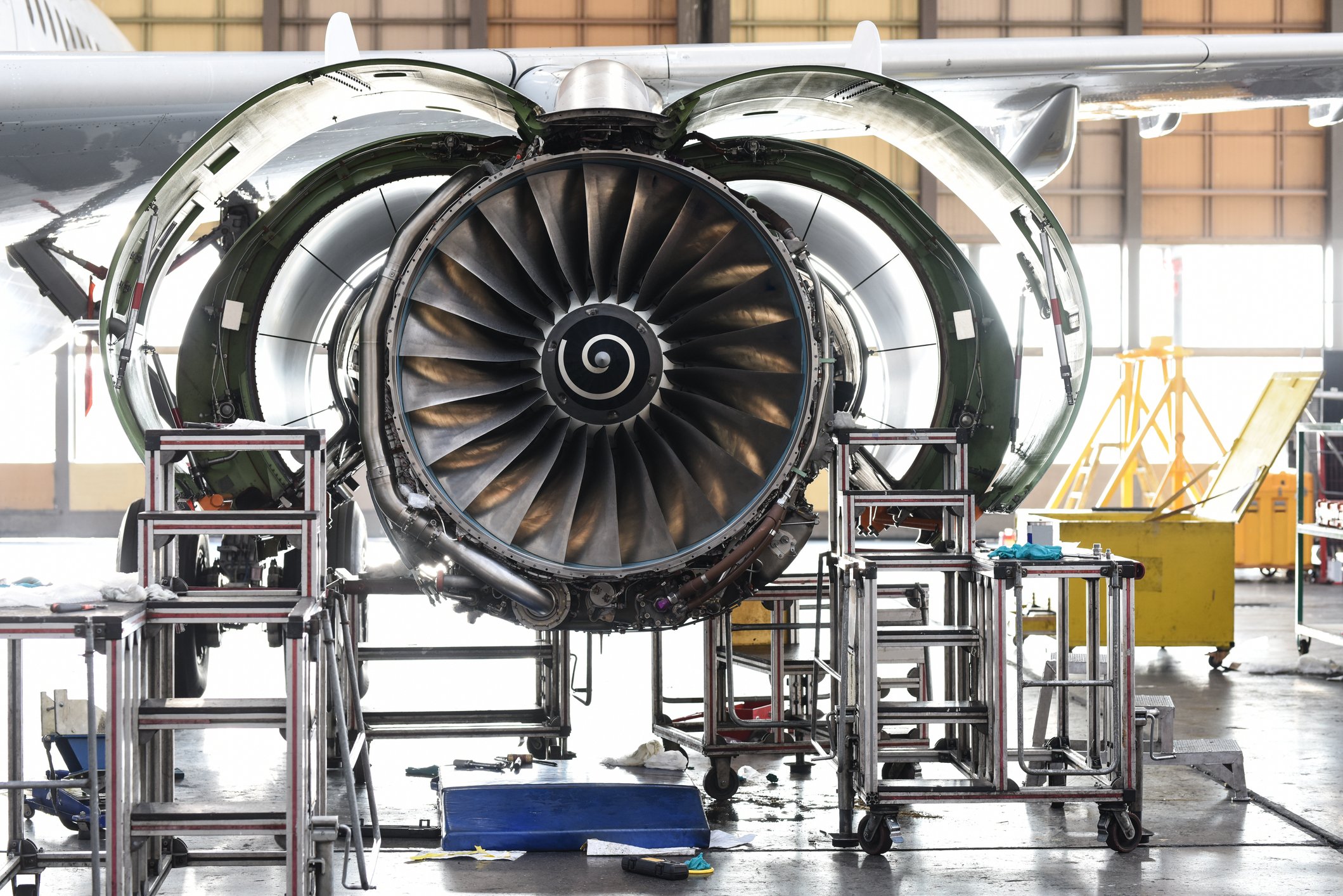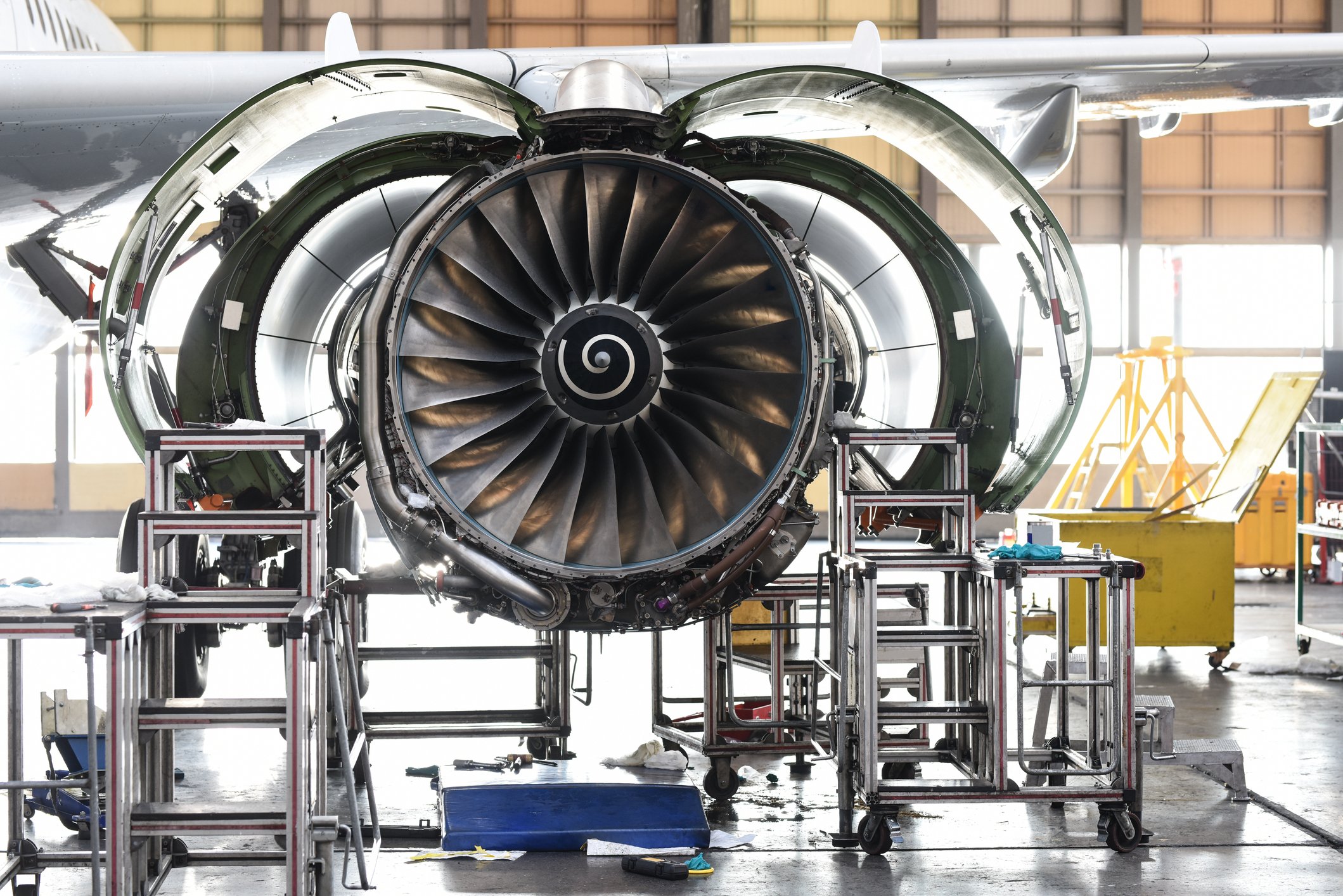What happened
TransDigm Group (TDG +1.06%) flew into turbulence in the first half of 2019, with the company subject to negative publicity and a congressional grilling due to its billing practices. However, its stock continued its long history of outperformance, gaining 42.3% over six months, according to data provided by S&P Global Market Intelligence.
It's yet another reminder of the importance of ignoring the noise and focusing on the fundamentals of the business. In TransDigm's case, the fundamentals look strong.
So what
TransDigm in May was the subject of a congressional hearing into what Pentagon official David Norquist called the company's "predatory approach" to billing practices. TransDigm is a supplier of components to a range of commercial and military aerospace platforms, often providing rare or hard-to-find replacement parts.

Image source: Getty Images.
The company was taken to task for parts like the quick disconnect coupling half that is used on the F-5 Freedom Fighter and the T-38 Talon jet trainer. The coupling costs TransDigm $173 to manufacture, according to a Pentagon Inspector General's report on TransDigm released earlier in the year, but the company charges the Pentagon $6,986 apiece for the parts.
For all the noise, there has been little consequence to date, with TransDigm voluntarily agreeing to repay $16 million. It's still a risk factor weighing over the company, but investors wisely have focused on the strength of the underlying business.
TransDigm climbed 15% in January and another 11% in February after pre-announcing and then delivering quarterly results that were well ahead of estimates and raising full-year guidance. The growth continued in the fiscal second quarter announced in May, with sales up 28% year over year thanks to TransDigm's $4 billion acquisition of Esterline Technologies.
Now what
TransDigm caught the government's eye because of its ability over time to generate margins approaching 50% of sales. The company's model has been to buy up patented or proprietary components, often parts for older aircraft that are still in service but no longer in production, and benefit from the pricing power that comes with noncommoditized products.
For all the Pentagon's bluster, TransDigm estimates that its sales to the U.S. government account for less than 10% of total revenue prior to the Esterline deal. TransDigm is not one of the top-30 defense contractors, and commercial customers, while surely not thrilled about paying up for parts, are willing to pay a premium for the ability to get rare, hard-to-source parts quickly.
Though it's a business model that doesn't make for great headlines, it has led to TransDigm shares appreciating by more than 1,200% over the past 10 years.
The Pentagon is unlikely to slow the momentum, but investors should focus on TransDigm's ability in the quarters to come to integrate Esterline and put what has historically been an underperforming aerospace supplier on the acquirer's platform, hopefully leading to better results.
If TransDigm can get the Esterline deal right, the company is well positioned to continue to grow.






